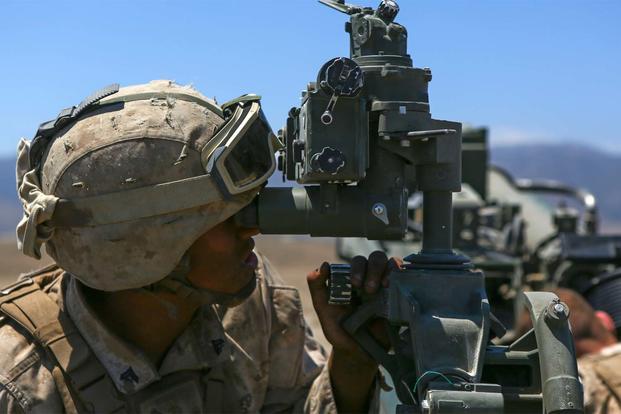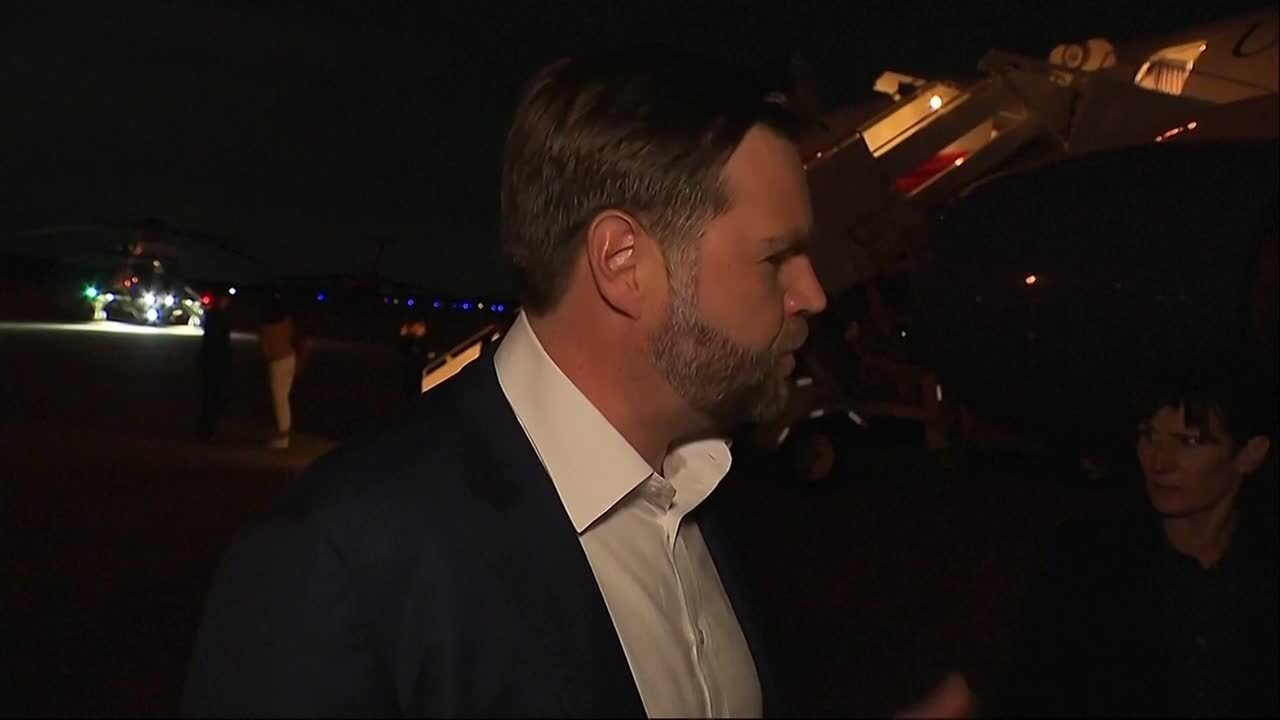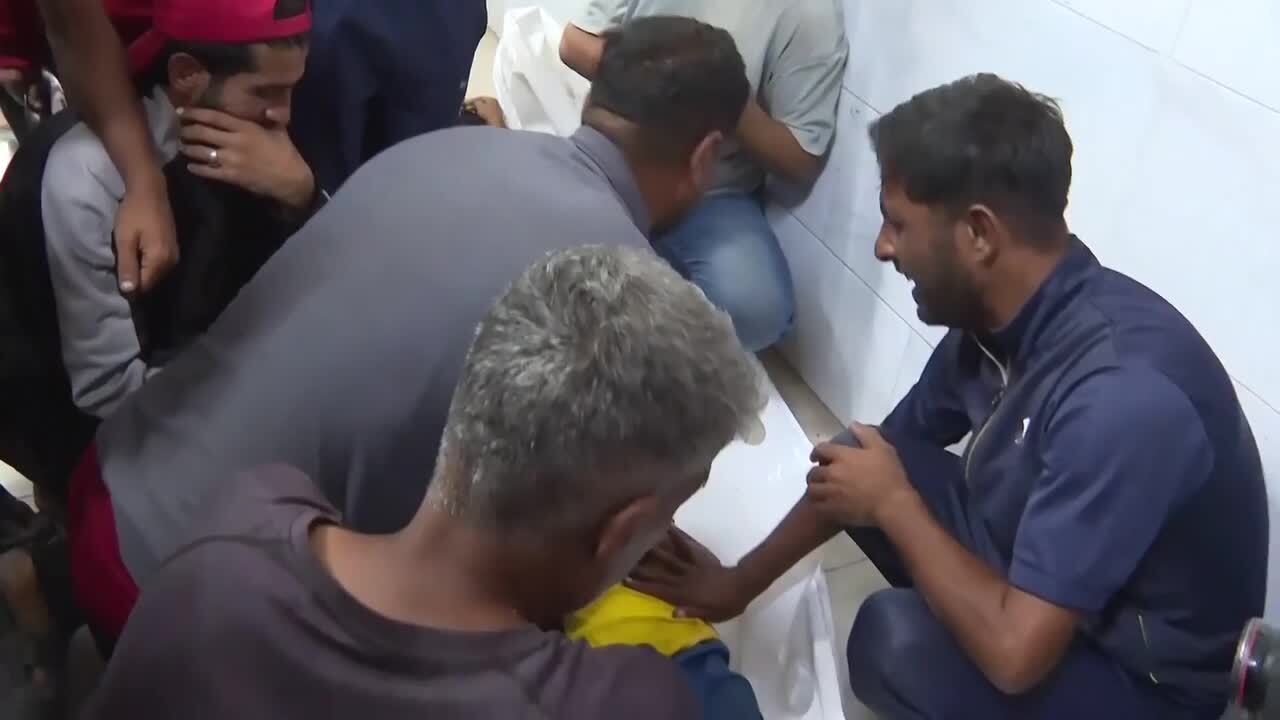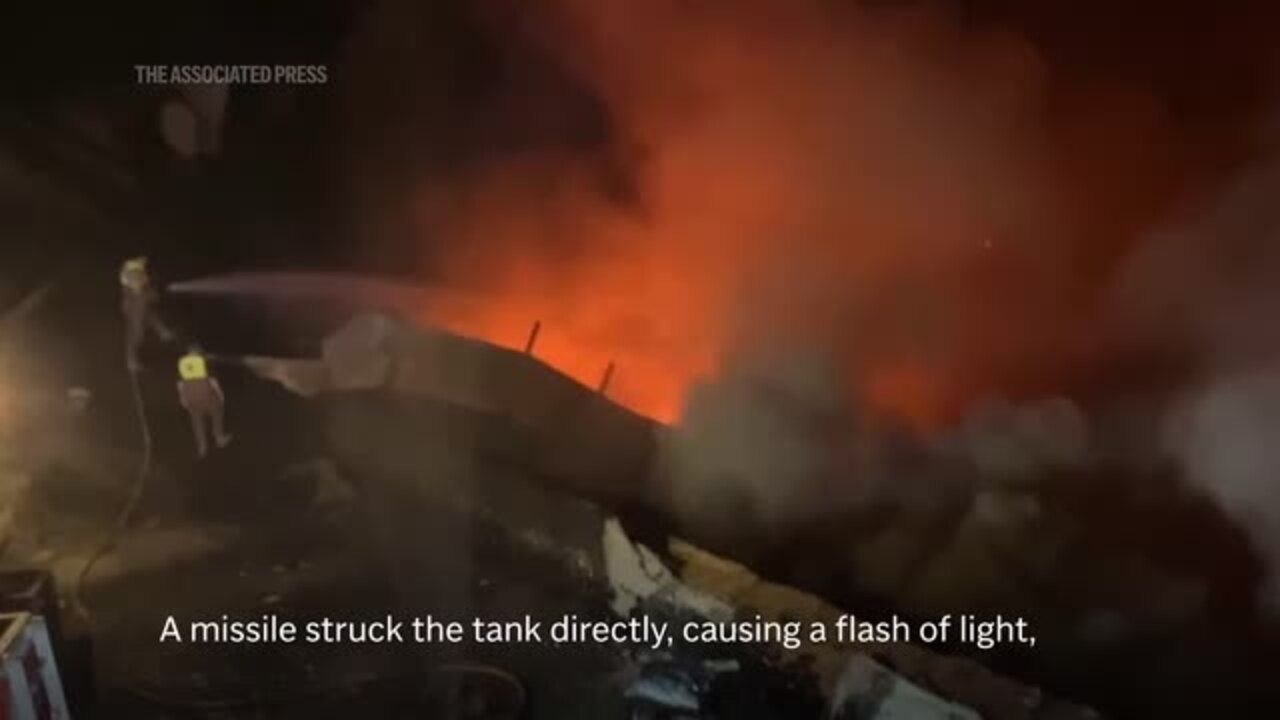The estimated 400 U.S. Marines sent into Syria earlier this month to set up a firebase near Raqqa have yet to fire their M777 .155mm howitzers in support of Syrian Democratic Forces closing on the self-proclaimed capital of the Islamic State, a coalition spokesman said Wednesday.
Meanwhile, about 70 miles north of Raqqa, Army Rangers in the flashpoint town of Manbij have been eyeballing Russian troops on the city's outskirts daily but there have been no contacts between the Americans and the Russians, said Air Force Col. John Dorrian, a spokesman for Combined joint Task Force-Operation Inherent Resolve.
Both the Rangers from the famed 75th Regiment and the Marines from the 11th Marine Expeditionary Unit were deployed into Syria as part of the plan by Defense Secretary Jim Mattis to accelerate the campaign against the Islamic State of Iraq and Syria, or ISIS, even as several forces with conflicting agendas converge in northeastern. Syria.
Last week in Turkey, Joint Chiefs Chairman Gen. Joseph Dunford met with Gen. Valery Gerasimov, chief of the Russian general staff, and Gen. Hulusi Akar, chief of the Turkish general staff, in an effort to iron out how their forces and the varying militias they support will proceed in what Army Lt. Gen. Stephen Townsend, commander of CJTF-OIR, has called an increasingly "complicated battlefield."
Around Manbij, the Turkish military and the Free Syrian Army it supports, the forces of the regime of Syrian President Bashar al-Assad backed by Russia, and the mostly Arab Manbij Military Council supported by the U.S. have all converged "within hand grenade range of one another," Townsend said earlier this month in a briefing to the Pentagon.
The volatile situation in northeastern Syria led the Trump administration to approve sending the conventional Marine force to bolster the mostly Special Forces contingent of about 500 already in Syria. Near Raqqa, the Marines were setting up a firebase similar to the one another Marine unit put in place last year in north-central Iraq to support the initial advance by the Iraqi Security Forces toward Mosul.
The Marines have yet to fire a round from their .155mm howitzers -- "not to my knowledge, I don't believe so," Dorrian said in a video briefing from Baghdad to the Pentagon.
However, the "all weather" fire support from the Marines' firebase was expected to come into play as the mixed Syrian Arab and Syrian Kurdish SDF completes the isolation phase of the operation against Raqqa, Dorrian said.
In Manbij, the Rangers and Stryker combat vehicles flying U.S. flags moved in earlier this month to provide a "visible presence" of U.S. forces as the Turkish military and Assad's troops backed by Russian ground elements advanced on the city.
Turkish President Recep Tayyip Erdogan has repeatedly threatened to attack Manbij to eliminate any presence of the Syrian Kurdish YPG, or People's Protection Units, from the city.
Dorrian said the U.S. was daily using the "deconfliction channel" -- the hotline set up by the U.S. and Russia to avoid mishaps in air operations over Syria -- to avoid any "miscalculations" by the Russian ground troops and the Rangers.
"Both our forces and theirs (the Russians) are visible," Dorrian said. "They can and do see each other," but "they're not talking to each other. They're not hanging out together."
Through the deconfliction channel, "they tell us where they're going to be, we tell them where we're going to be and our forces do what they can to just stay away from each other," Dorrian said.
However, Dorrian said he could not rule out the risk of a clash between the Rangers and the Russians through misunderstanding or miscalculation.
"Certainly it's a concern. That is the reason we have this deconfliction channel," he said. "It's a concern of ours, it's quite clear it's a concern of theirs."
In Iraq, Dorrian said elements of the Iraqi forces were advancing in west Mosul against the Grand Mosque, where ISIS leader Abu Bakr al-Baghdadi declared the creation of a caliphate in 2014.
"Momentum is clearly on the side of the ISF who are imposing their will" against the increasingly fractious ISIS defenders, Dorrian said. The coalition has seen signs of ISIS disarray in mounting a defense because of infighting between foreign-born ISIS fighters and the Iraqi militants of the terror group, he said.
"We do see them turn on each other on some occasions," he said.
-- Richard Sisk can be reached at Richard.Sisk@Military.com.
Related Video:





























